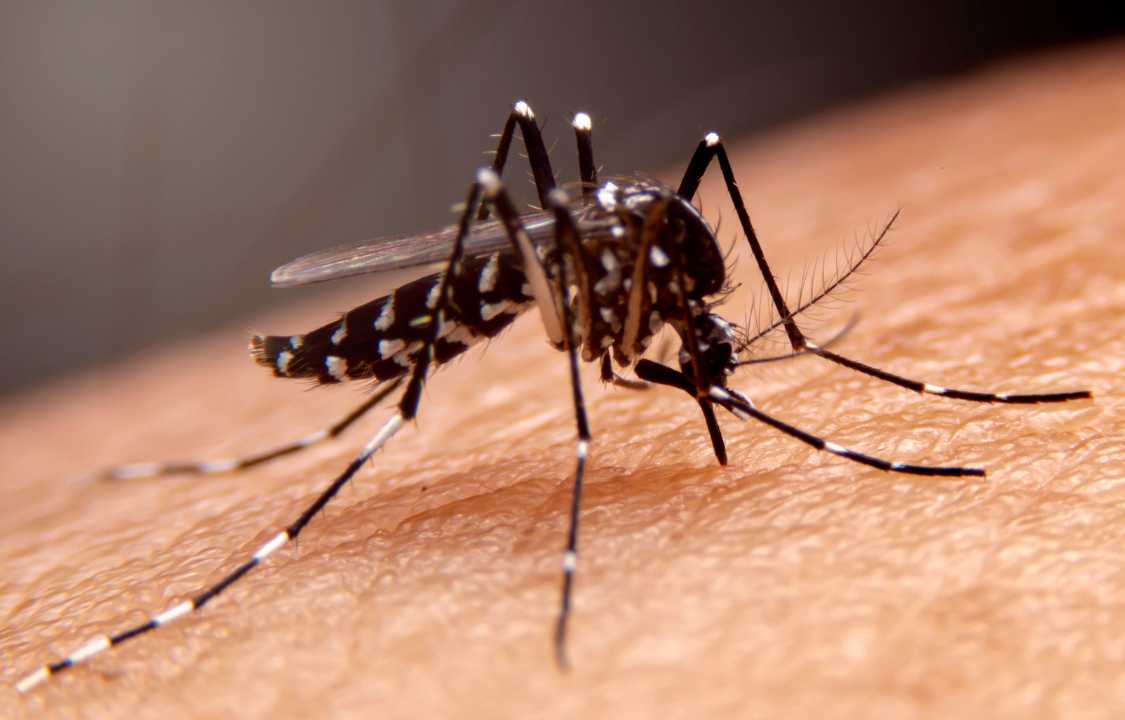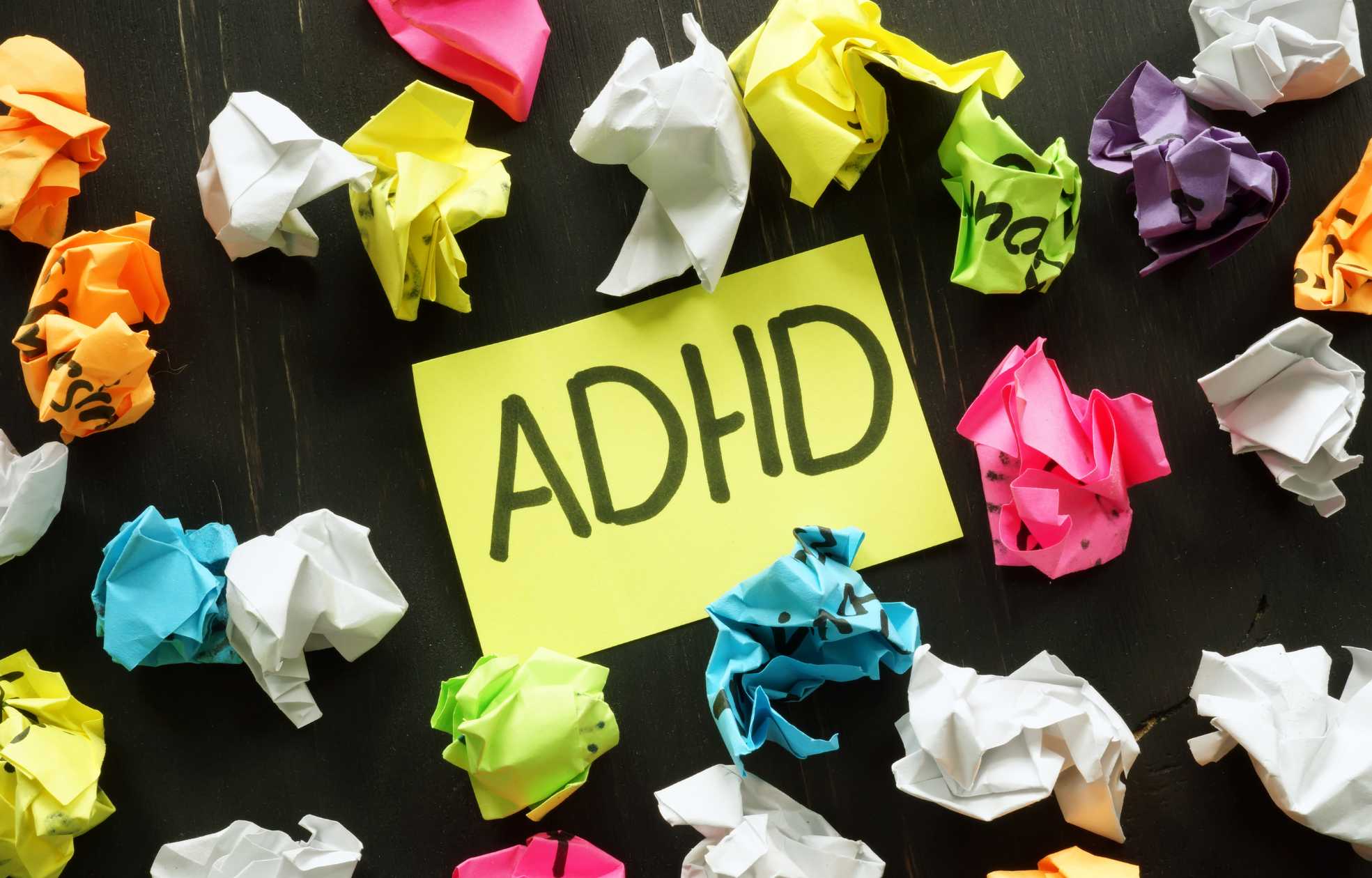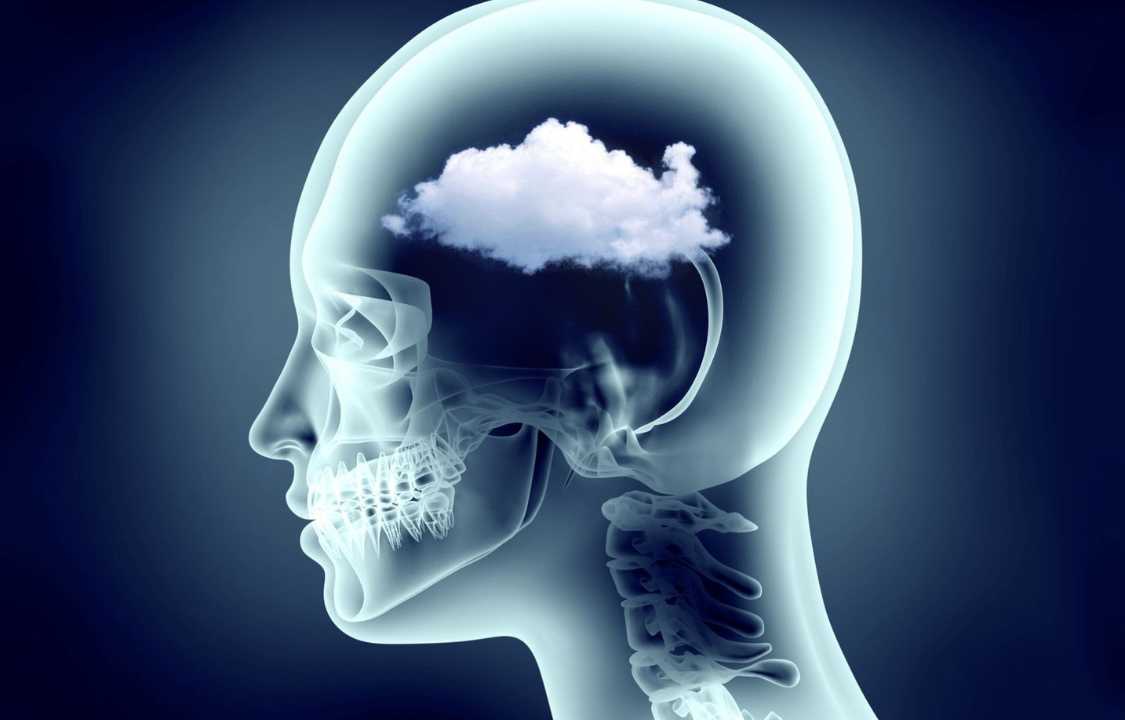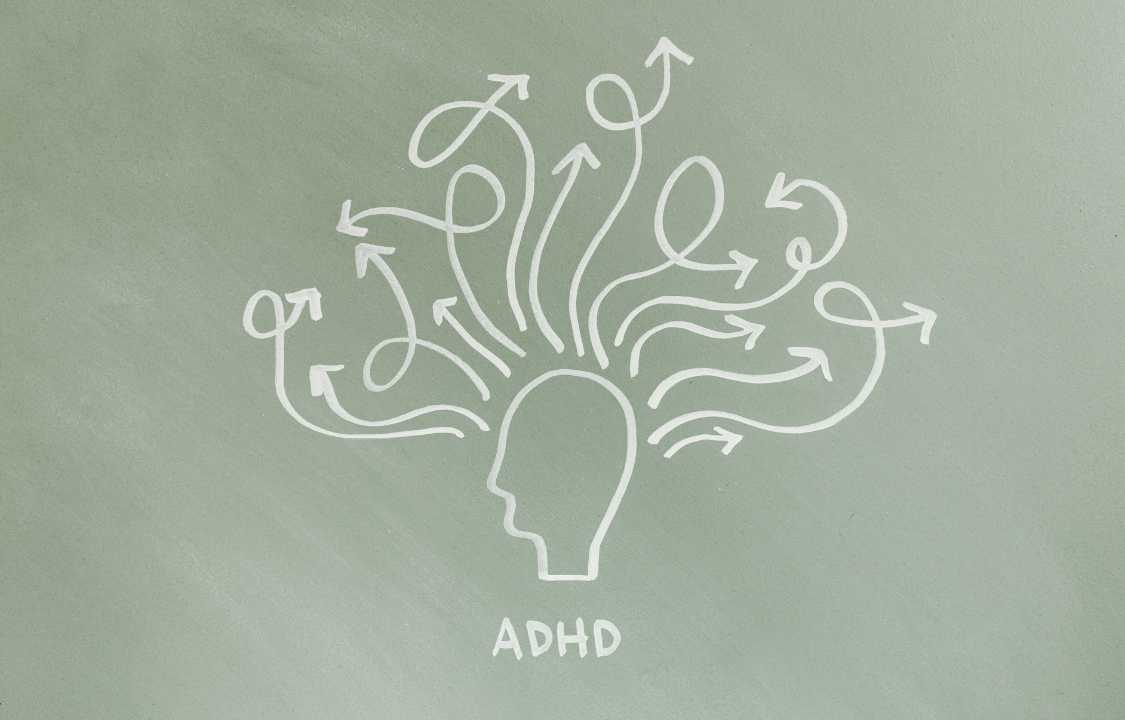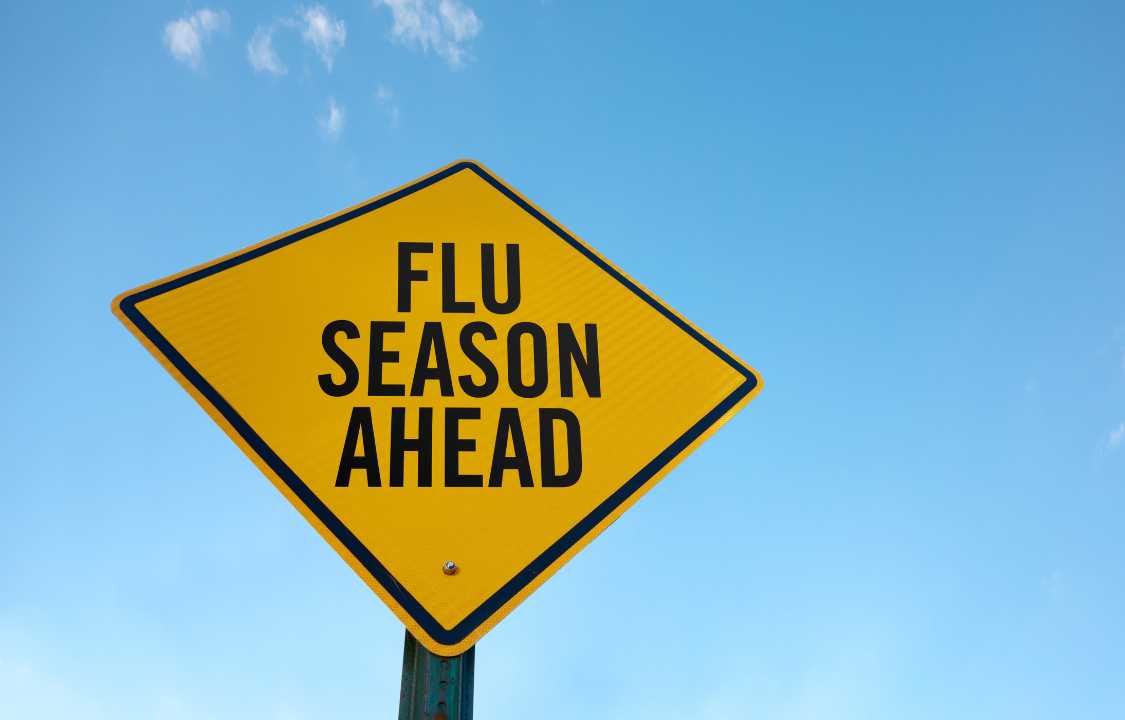Malaria is a formidable and often life-threatening infectious disease caused by a parasite transmitted through mosquito bites. With a global impact on public health, malaria poses a significant challenge to healthcare systems worldwide. In 2021 alone, a staggering 247 million individuals contracted malaria, resulting in over 600,000 fatalities due to this disease. This extensive exploration […]
Tag Archives: Disease
Here’s how the brain changes with menopause and how you can reduce your risk of Alzheimer’s. The human body is an intricate network of interdependent systems, and hormones serve as its messengers, orchestrating a symphony of functions that span growth, mood regulation, and reproduction. Among these hormones, estrogen and progesterone have emerged as key protectors […]
Going through menopause earlier can increase your risk for the cognitive condition. The journey of aging is often accompanied by various health concerns, one of which is the potential link between early menopause and an increased risk of dementia later in life. A recent study published in March 2022 sheds light on this association, emphasizing […]
The neurodevelopmental condition known as attention deficit hyperactivity disorder (ADHD) is quite widespread and has a negative impact on the growth and development of the brain. Despite the fact that ADHD is most frequently diagnosed in youth, symptoms can continue into adulthood and have an effect on everyday functioning. Inattention, hyperactivity, and impulsivity are the […]
Many of us have experienced the phenomenon known as “brain fog,” which refers to a feeling of mental cloudiness, difficulty focusing, fatigue, forgetfulness, or making errors. However, the severity of brain fog can vary, and for some individuals, it can be a persistent and debilitating part of their daily life. Brain fog can be associated […]
Menopause is a natural process that occurs in approximately half of the population and signifies the end of fertility as the ovaries gradually decrease the production of sex hormones and menstruation ceases. However, menopause has also caught the attention of researchers who are seeking to understand why nearly two-thirds of individuals with Alzheimer’s disease (AD) […]
The attention deficit hyperactivity disorder, often known as ADHD, is a neurodevelopmental problem, which simply means that it is a condition that interferes with the normal growth and development of the brain. Symptoms of ADHD often begin to manifest themselves throughout infancy and might continue into adulthood. However, these symptoms could shift as a youngster […]
Alzheimer’s disease is a prevalent form of dementia that affects memory, thinking, and decision-making abilities. It ranks as the seventh leading cause of death in the United States. While it is not possible to prevent Alzheimer’s, certain measures can help reduce the risk of developing the disease. These practices are beneficial for overall health and […]
Deterioration in cognitive capacities including thinking, memory, language, judgment, and learning are hallmarks of Alzheimer’s disease (AD), a degenerative brain disorder. The National Institute on Aging (NIA) reports that there is currently no cure for Alzheimer’s disease, but that certain medicines may help with symptom management. Alzheimer’s disease often strikes adults over the age of […]
Though you can catch the flu year-round, it’s more prevalent during certain seasons. AT A GLANCE The commencement and culmination of flu season are contingent upon one’s geographical location, as elucidated by Alicia Budd, MPH, an epidemiologist within the Centers for Disease Control and Prevention’s influenza division, in conversation with Health. Within the United States, […]

